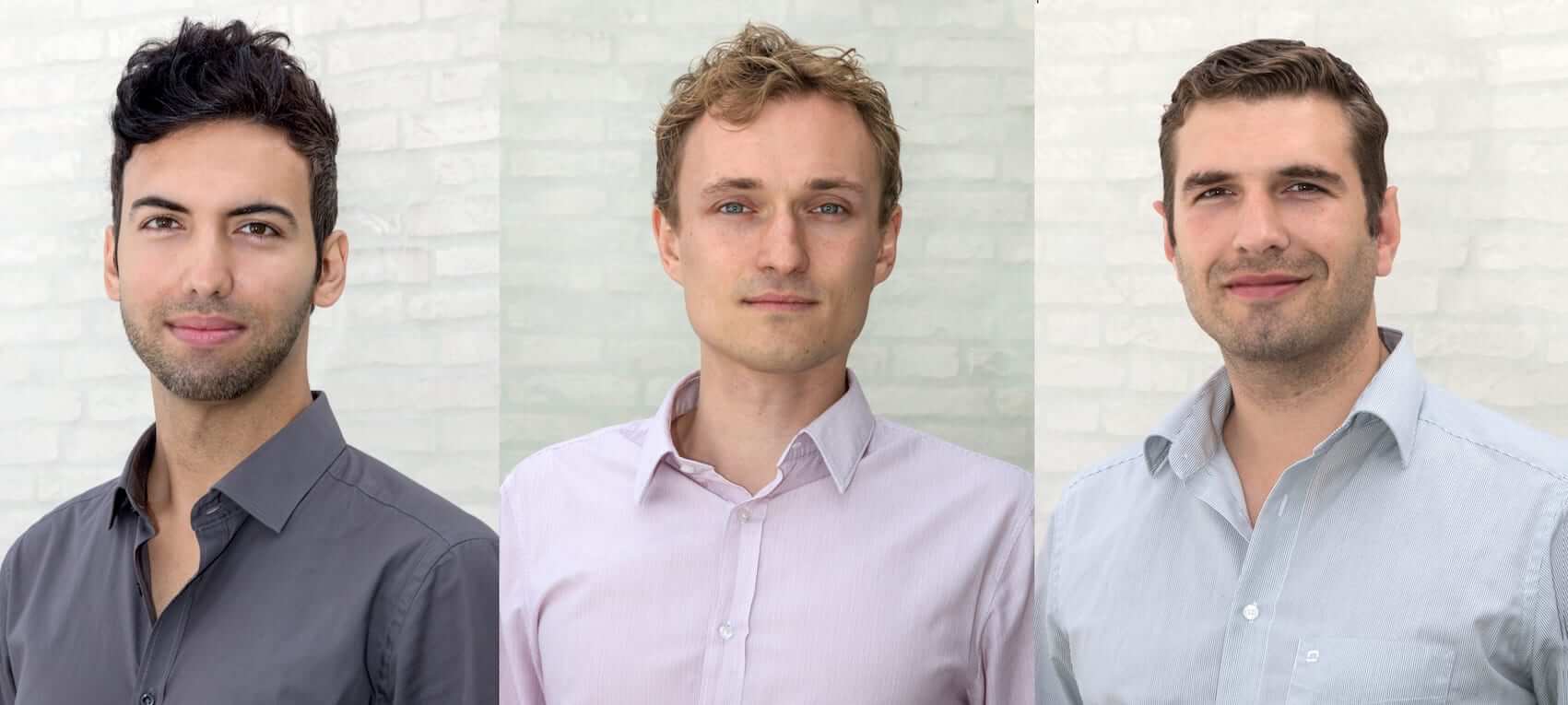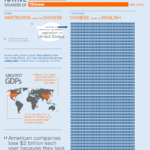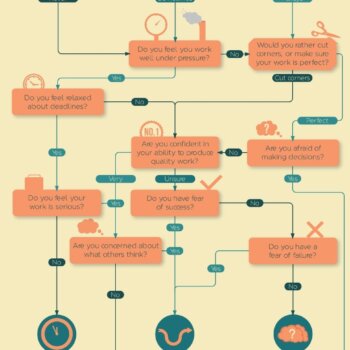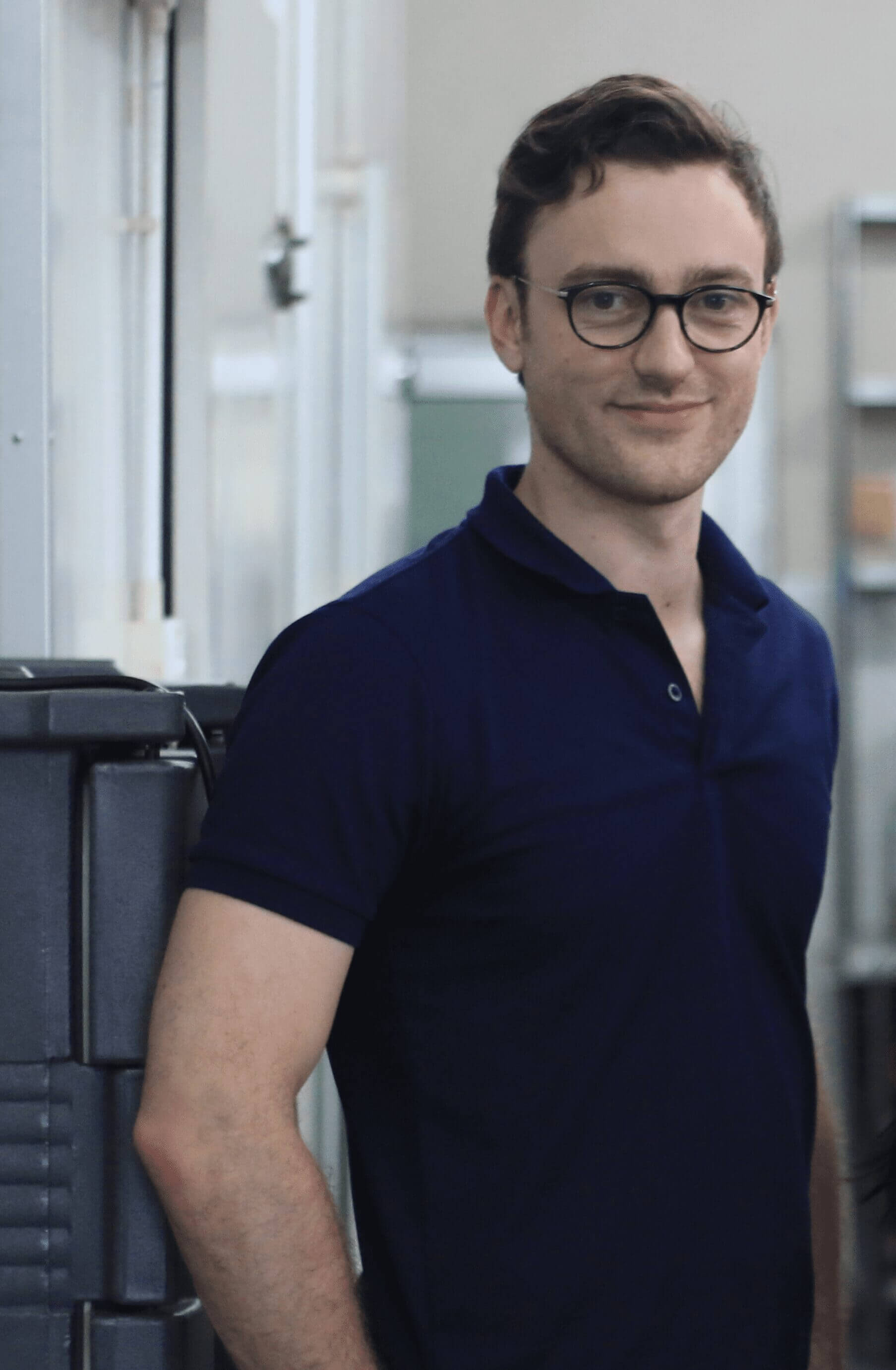Today, The Asian Entrepreneur sat down and spoke with the 3 masterminds behind one of the most popular cross platform apps for the mind, NeuroNation. Innovative as it is, we got down and personal with the 3 founders and got to know more about their journey. Meet Rojahn Ahmadi(left), Ilya Shabanov(center) and Jakob Futorjanski(right).
So guys, tell us about about yourselves.
Ilya: Rojahn was born in Iran and was 2 years old when his family moved to Germany. Jakob and I are both from the former Soviet Union and moved to Germany at ages 9 (Jakob) and 10 (Ilya), respectively.
Jakob, Rojahn and I all share a strong academic and professional background in computer science and artificial intelligence.
At 15, Rojahn and I started working for a Berlin media agency specializing in the development of online games. During the 10-years of employment for the company, Rojahn and Ilya founded OneExtraGames, an online portal whose pilot game “Agony: The Portal” generated over 10 Million gameplays on the web.
Jakob: After focusing on artificial intelligence in financial transactions during my studies, I began my career with PricewaterhouseCoopers Advisory in the financial consultancy business. Later on, I joined Rocket Internet and developed Groupon Amsterdam as a Regional Director before moving on to the Groupon HQ Management Team in Berlin, where Rojahn, Ilya and I teamed up to make NeuroNation the European market leader for brain training.
Rojahn: NeuroNation first came to life as a side project in late 2008 but we did not pursue it further until after our diploma in 2010. So the summer of 2010 marks the birth of the NeuroNation platform. After a scholarship from the BEUTH University, we were able to make NeuroNation our full-time job.
In your own words what is NeuroNation?
Jakob: NeuroNation is a fun and effective workout for your brain. Scientific collaborations with German universities ensure its effectiveness: Like a personal trainer NeuroNation has designed a fitness test to determine your potential and offers entertaining brain exercises to improve your memory, focus, logical thinking and problem solving skills. A social network helps you stay motivated, after all competing against your buddy can give your training routine that cherry on top.
How did you come up with the idea of NeuroNation?
Rojahn: NeuroNation was born out of our curiosity for the human brain and the potential for improving its performance. When we started with NeuroNation, the online offers for digital brain health were slim to say the least. We played Dr. Kawashima’s brain training for a while, but weren’t too happy with the actual science behind it. All of us have a strong interest in game development, so we started getting excited about the idea of making a relevant contribution to online games and brain fitness.
Could you walk us through the process of starting up NeuroNation?
Ilya: After engaging with Dr. Kawashima as a fun brain game for a while, we started researching the effects of cognitive exercises on the human brain. We were intrigued: was there a way to develop an actual scientific, yet game-like brain training? Something fun, yet effective?
The Cogito Study by the Max Planck Institute belongs to a series of scientific publications to show that online brain training works under conditions of a solid scientific background, high personalization and user motivation.
To create an effective, scientifically-based product, we reached out to the Freie Universität Berlin and the Technische Universität Dortmund, where leading neuroscientists supported us in the development of NeuroNation.
A study conducted by Prof. Dr. Niedeggen from the Division of Experimental Psychology and Neuropsychology proved that NeuroNation works.
In the first stages after the NeuroNation-launch, a virtual currency was used to access single games. A One-Time-Payment-model followed and today we’re working with a subscription model similar to gym membership.
This was quite a long way with a lot of ups and downs, I strongly believe that perseverance separates the successful founders from the not so successful ones.
Did you encounter any particular difficulties during startup and if so, how did you guys overcome it?
Rojahn: Founding a company can be a strenuous process, especially in the beginning stages. Monetization proved to be a particular challenge. We had some bad experiences with potential investors, who tried to get insights to our product and then created a copycat. They failed and taught us to be more careful in the following years of the monetization process.
How have you been developing NeuroNation since startup?
Rojahn: We began with a scholarship from the BEUTH University of Berlin and a small private loan from a bank, a bit later NeuroNation became one of the first ever companies to be crowdfunded in Germany. Later we partnered up with the most influential people and companies in brain fitness, related business areas and publishers, developed co-branded products, which helped our partners monetize their traffic and closed mutually beneficial cooperations. This kept us financed up to the point of the first big investment by Spiegel and XLHealth.
What kind of feedback did you get for NeuroNation so far?
Ilya: The feedback so far has been very positive. Our close cooperation with leading scientists in combination with our own expertise in developing entertaining online games has given us a competitive edge. Distinctions such as the Leonardo-Health Award for digital prevention show us the support and appreciation from the digital health community. In 2014 we have also started collaborations with nursing homes, a German health insurance company and numerous companies from many different backgrounds.
Most importantly, we are in close contact with our consumers and greatly appreciate their input. NeuroNation constantly strives for improvement and could not exist without constructive feedback. I strongly believe our members realize that we highly value the scientific foundation of our product and that we would never compromise in this matter. This is one of the core reasons why our users stick with us.
Have you developed any industry insights that you could share?
Rojahn: Competition in the digital brain health market is fierce, we are counting quite a few copycats in German Speaking Countries and probably over 100 globally. In light of demographic change and a society permanently overloaded with information, a healthy brain becomes more and more important.
NeuroNation’s best practice combines a scientific approach with elements of gamification. NeuroNation was developed in cooperation with leading neuroscientists and is updated to state-of-the-art studies on a regular basis. To guarantee our brain training’s effectiveness, the cooperation with the Freie Universität Berlin and the Technische Universität Dortmund is very important.
NeuroNation is a highly personalized brain training perfectly adapting to its user’s needs and potential. Elements of gamification ranging from individual progress reports to social-media-shareability increase the user’s motivation for the training. For instance, members can share their top scores via Facebook or Twitter and compare their brain performance to their friends’ results. According to the research of Susanne Jaeggi, PhD, from the University of California Irvine, motivation is a vital ingredient of successful cognitive training.
How do you plan to stay relevant in this industry?
Rojahn: To stay relevant in the digital brain health market means to provide the most engaging and effective brain training possible. We continuously work on increasing the engagement and effectiveness of our games by expanding our scientific collaborations and optimize based on our users’ feedback. Compared to our competitors we never compromise on effectivity, we do not want the customer to pay for false promises.
I think this is the crucial difference between us and our competitors.
We also strive to consolidate our B2B partnerships and broaden our clientele. Digital prevention in Alzheimer’s, the neurological rehabilitation of stroke patients as well as the prevention of stress and burnout are highly relevant factors in today’s health sector and present great growth potential. At present, a German health insurance refunds NeuroNation for stroke patients in neuro rehabilitation.
What is the future of the industry in your opinion?
Jakob: The digital brain health market is expected to expand to a volume of $6bn by 2020 and chances are we can expand our European leadership beyond the continent’s borders.
What do you think about being an entrepreneur in Asia? Is it harder or easier, why?
Jakob: Asia is an extremely important market for NeuroNation. The people in Asian countries have been the first to recognize the importance of cognitive excellence and training. Much earlier than Europe, Asia has invested in human capital, psychometric tests and promoted innovative education measures. Therefore, for us, on the one hand, we find the Asian market to be more open to brain fitness and brain training than other regions. On the other hand, the Asian consumer is used to high-quality offers, so any digital brain health company has to make sure to be on top of their game when preparing to launch in Asia. This is why we are extremely happy about the positive feedback from 13 Asian App-Stores making us one of the leading education app providers in the market.
What is your opinion on Asian entrepreneurship vs Western entrepreneurship?
Ilya: As a Berlin startup with founders whose roots lie in Russia and Iran, the appreciation for Asian entrepreneurship is high. Hard work, innovation and discipline are three values we take from our frequent analyses of Asian entrepreneurship. Western entrepreneurs tend to act locally. They do not launch their products fast enough in other countries. Asian entrepreneurs think bigger and act faster in this context.
What is your definition of success?
Jakob: We believe that our success should be a benefit to the society we live in. We build NeuroNation with the idea to provide scientifically researched products with real benefits for our users while still being as fun as your everyday candy crush session.
Why did you decide to become an entrepreneur?
Ilya: The idea of a free mind is deeply rooted inside my character. Even though I have worked for other companies during my university time, I always felt that I had to become an entrepreneur at some point to live this freedom. When the university just casually invited us to participate in a business plan competition we took the small step, without knowing anything about entrepreneurship but with a strong conviction that it is the right thing to do. The small step became the first in a year long journey which probably will keep leading me to new places over and over again in the future.
What do you think are the most important things entrepreneurs should keep in mind?
Jakob: Think through your ideas and talk about them with potential customers. Do it often and with different people. Create and iterate fast!
To me, this is one of the most important aspects of entrepreneurship.
In your opinion, what are the keys to entrepreneurial success?
Jakob: Focus, passion, discipline
Ilya: and perseverance
Any parting words of wisdom for entrepreneurs out there?
Ilya: The only boundary there is the belief that there are boundaries.
Rojahn: People who are afraid of changes, will never change anything.
Jakob: Never stop exploring and trying new things. Just start creating and with time you will find a way to success.
Connect
iTunes – https://itunes.apple.com/ph/app/neuronation-brain-training/id821549680?mt=8
PlayStore – https://play.google.com/store/apps/details?id=air.nn.mobile.app.main
Facebook – https://de-de.facebook.com/NeuroNation

































